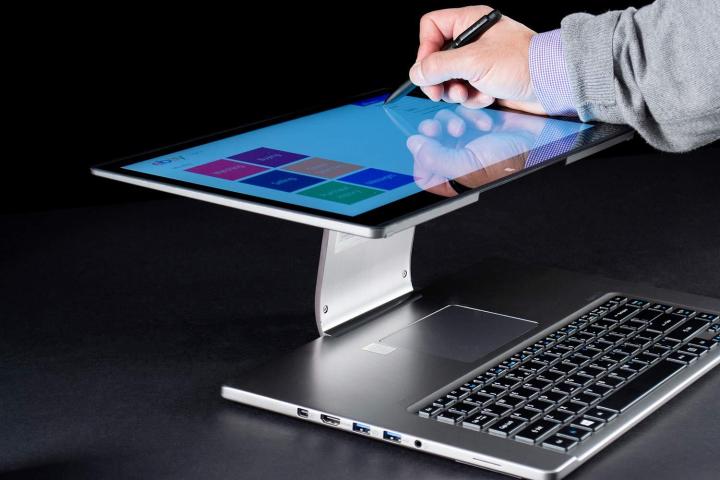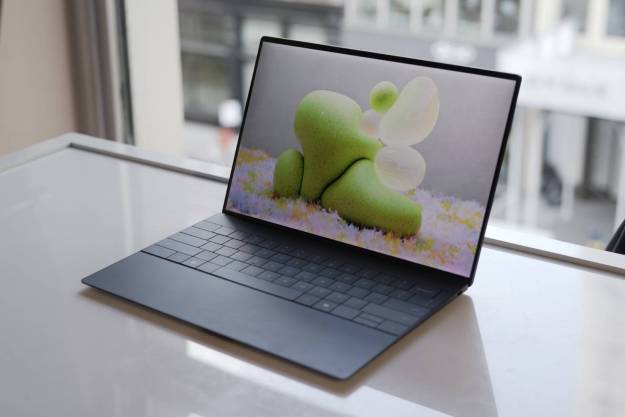
We saw this coming, and we can’t say we’re that surprised, though this is hardly “good” news for Windows 8.1.
Just a few days ago, Windows 8.1’s OS marketshare was a teeny tiny bit below Windows Vista, which was released several years ago and was never that popular or highly regarded to begin with. Now, Windows 8.1 has surpassed Windows Vista in desktop marketshare. Win 8.1 leapfrogged Vista, whose share is now at 3.3 percent, and now currently sits at 3.9 percent. Late last week, Vista’s share was 3.61 percent, with Windows 8.1 nipping at its heels (3.60 percent).
So that’s good news for Windows 8.1, right? Well, not exactly. Here’s why.
Marketshare for Windows 7 is still dominant, and it’s not even close. Though Windows 7’s share dipped ever so slightly from 47.52 percent in December to 47.49 percent in January, that comes after a spike of nearly one full percentage point from November, when it stood at 46.64 percent.
Meanwhile, Windows XP, which is over 10 years old, enjoyed an increase in marketshare last month. After dropping from 31.22 percent in November to 28.98 percent in December, Windows XP’s OS share rose last month to 29.23 percent.
Microsoft is apparently steering people back to the desktop after trying to ween them off it with Windows 8 and Windows 8.1, as indicated by a reportedly leaked version of an upcoming Windows 8.1 update that boots straight to the classic UI by default. This combined with dominant marketshare enjoyed by its predecessors points to a continued pattern of anemic OS marketshare levels, especially considering that Windows 9 is rumored to be released sometime in the middle of 2015.
What do you think? Sound off in the comments below.
Editors' Recommendations
- PC gamers — Windows 7, 8, and 8.1 are officially dead
- This popular photo-editing app will no longer work on Windows 7 and Windows 8.1


